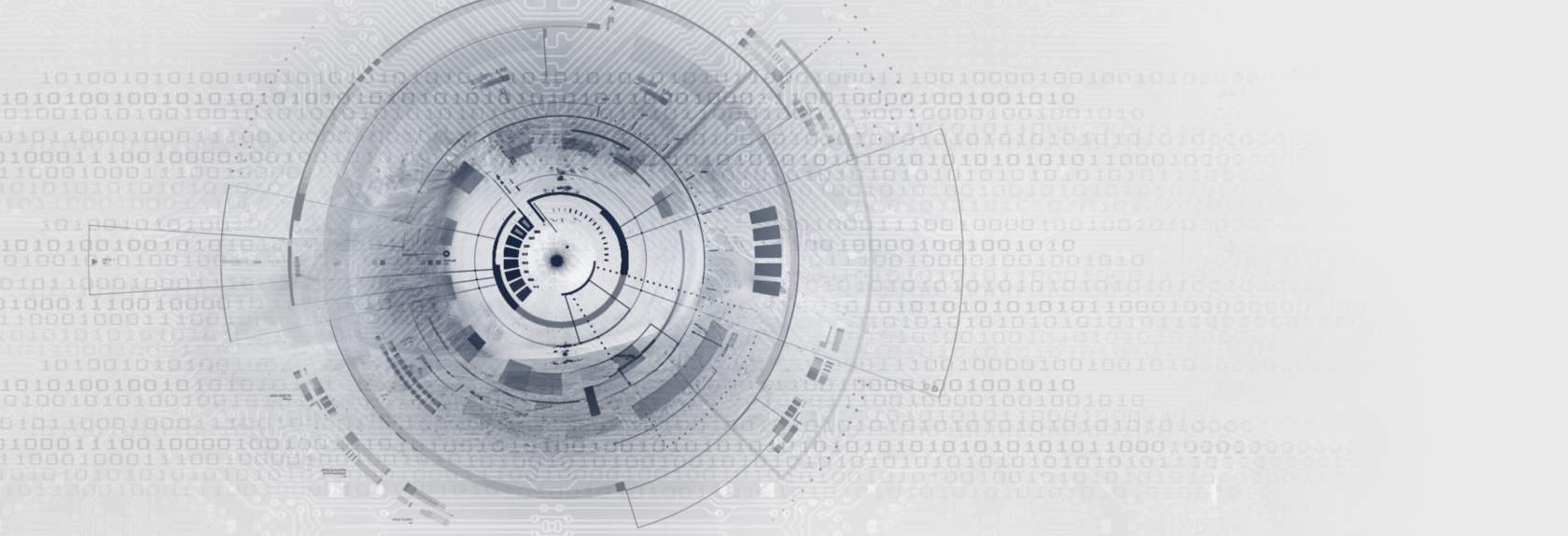Call for Papers
Abstract Submissions now closed
The Australian Institute of Professional Intelligence Officers (AIPIO) is pleased to announce a Call for Papers for its 34th National Conference, Intelligence 2025, to be held in Sydney at the Sheraton Grand Sydney Hyde Park on 20-22 August 2025. The conference theme is: ‘A Thriving Intelligence Profession’. Within that theme, we will explore the sub-themes of Leadership, Transformation, and Empowerment – each factor represents what is needed to sustain and build the intelligence profession in Australia for the complex and challenging future.
We seek contributions from intelligence professionals, academics, students, and other industry professionals. Several successful abstracts will be given the opportunity to prepare a paper and present it at a national conference attended by intelligence professionals, managers, and sector partners. All selected papers will also be published in the AIPIO journal and available online after the conference. These papers are subject to contributor approval.
Overview
Our highly interconnected world is being reshaped by strategic competition, with growing complexity arising at the national and local levels. All domains of intelligence practice are confronting this complexity, working to glean insights for timely and effective decision-making. A robust intelligence profession is a critical influence and key national resource in securing our defence, security, and well-being.
Intelligence 2025 – the AIPIO annual international conference – will examine what is needed to support a thriving intelligence profession in Australia during these challenging times. A thriving intelligence profession hinges on effective leadership, transformation, and empowerment to navigate the complexities of an ever-changing global landscape. Leadership provides the strategic vision and direction to guide teams through routine and unprecedented challenges, ensuring that intelligence operations remain agile and responsive. Transformation is equally crucial, as it involves embracing innovative technologies and methodologies to stay ahead of evolving threats and enhancing operational capabilities. Empowerment complements these elements by fostering a culture where intelligence professionals are encouraged to develop their skills, contribute ideas, and take ownership of their roles. Together, these factors drive a dynamic and resilient intelligence community capable of addressing emerging issues with foresight and precision, ultimately supporting robust national security and informed decision-making.
Leadership is pivotal in a thriving intelligence profession by shaping strategic direction, fostering a culture of excellence, and ensuring effective management of complex situations. Strong intelligence leaders provide clear vision and guidance and inspire and motivate their teams to excel in high-pressure environments. They are instrumental in navigating the evolving landscape of threats and technologies, facilitating innovative approaches to intelligence gathering and analysis, and are advocates for the profession. Effective leadership also involves promoting collaboration, ethical practices, and professional development, which are crucial for maintaining integrity and adaptability within the field. By driving organisational success and responding adeptly to emerging challenges, leaders in intelligence ensure that their teams are well-equipped to protect national interests and support informed decision-making.
In today's rapidly evolving landscape, empowering the intelligence profession requires strategically building future-relevant and transferable skills, especially in changing demographics, sustainability, and technological disruptions. As the workforce diversifies and stakeholder expectations shift, intelligence professionals must develop adaptive skills that meet current demands and anticipate future needs. This involves equipping them with expertise in emerging technologies and data analytics, which are crucial in responding to technological disruptions and evolving threats. Moreover, fostering sustainability in the profession means integrating practices that ensure long-term resilience and ethical considerations in intelligence operations. By prioritising skill development that addresses these dynamic factors, the intelligence community can better align with stakeholder expectations, enhance its operational effectiveness, and ensure that professionals are well-prepared to navigate the complexities of a continuously changing global environment.
Empowering the intelligence profession is essential for ensuring it remains effective and resilient in the face of evolving global challenges. Empowerment fosters a culture of innovation and excellence, enabling professionals to leverage cutting-edge tools, apply critical thinking, and uphold ethical standards. This improves the accuracy and relevance of intelligence assessments and strengthens organisations' overall strategic capacity. In an era of rapid change and uncertainty, empowering intelligence professionals is crucial for maintaining national security, supporting informed decision-making, and safeguarding global stability.
Whether you are a seasoned professional or looking to enter the intelligence field, it is vital to build, review, and master the fundamentals of the intelligence discipline. These practical sessions will provide insight into the range of duties for intelligence professionals in different practice domains while strengthening your soft, technical, and leadership skills.
Important Dates
Abstract Submissions now closed
9 May 2025: Contributors to be notified
18 July 2025: Papers due
Please note that submissions selected to present at Intelligence 2025 must submit full papers by this deadline. Failure to submit your paper will result in your withdrawal from the conference program.

